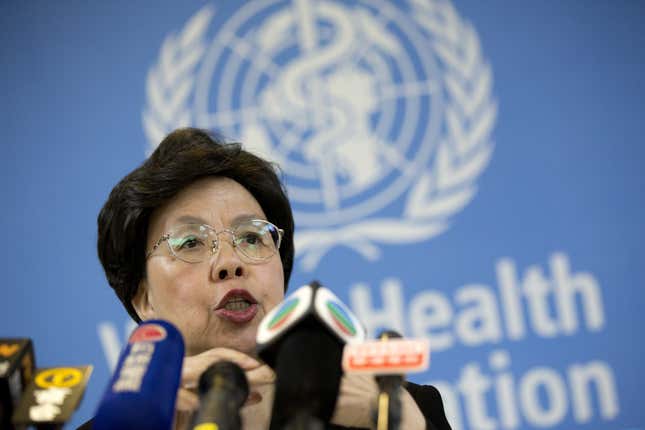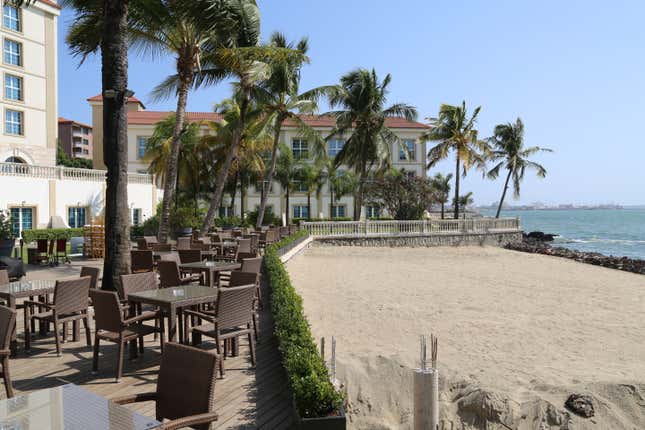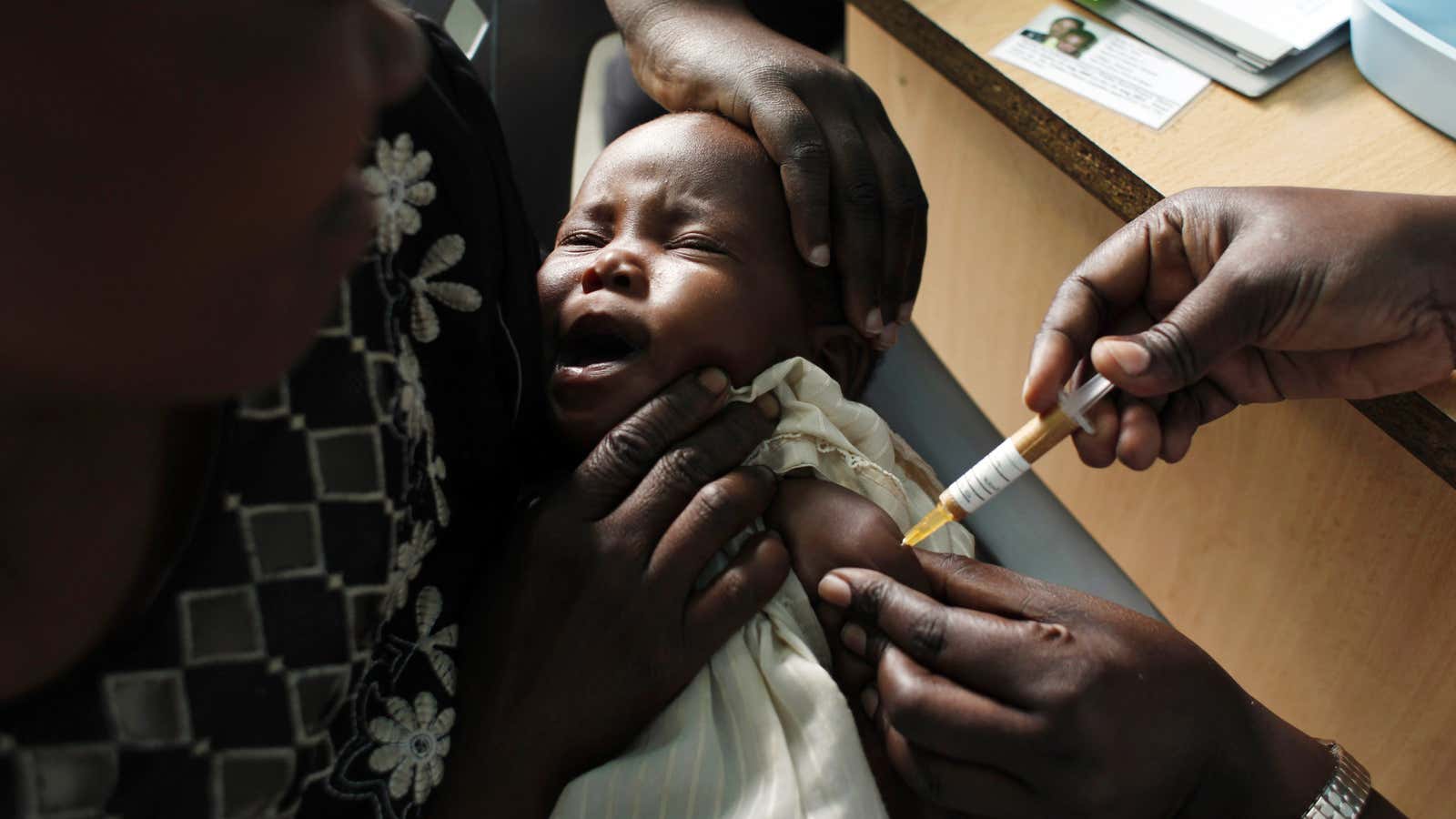The World Health Organization reportedly spent more money last year on traveling around the globe, than they did on actually combating the world’s illnesses.
The health agency spent approximately $200 million on plane tickets, hotel accommodation and other travel expenses—more than its combined spending to tackle AIDS, malaria, tuberculosis and hepatitis, according to an investigation by the Associated Press on May 21.
The organization may be a global entity, but it is funded by taxpayers via states’ contributions to the United Nations. The allegations around WHO’s travel spending are hard to reconcile when considering its increasingly desperate pleas for donor funding.

The investigation reveals that outgoing director-general Dr. Margaret Chan apparently preferred to fly and stay in luxury (Chan has headed the organization since November 2006). Just this month, Chan travelled to Guinea to celebrate the end of the Ebola virus outbreak there, and stayed at the presidential suite of the Palm Camayenne hotel, known for its “discreet luxury” at $1,008 a night. WHO intimated that the host country may have covered the hotel bill, which brings little comfort since Guinea’s health budget was depleted by the Ebola outbreak.
WHO denied Chan preferred first class, saying that she introduced a policy to restrict travel to business class for flights over nine hours long. WHO said Chan gets the same daily stipend as everyone else: €212, nearly $240. Last year, WHO spent $78 million staff travel, “roughly the same” as other UN agencies, WHO said in an email to Quartz.

In a May 22 statement, the WHO said nearly two thirds of its travel budget was spent on sending external experts to affected countries, adding that it has already cut its travel budget by 14% (thanks in part to few business class tickets) in 2016 to $200 million, compared to $234 million spent in the previous year.
The AP investigation alleges that in 2016, WHO spent $70.5 million on AIDS and hepatitis, $61 million on malaria and $59 million on TB—less than the $201 million spent on travel costs for around 7,000 staffers. At the time of publication, WHO’s media team told Quartz they would need more time to verify the AP’s figures. WHO’s program base budget (pdf) for 2016/2017 was $4400 million, an increase of $236.6 million from 2014/2015.
The Ebola outbreak in West Africa saw an understandable spike in WHO’s expenses, with travel costing $234 million, according to the AP. Chan’s travel alone is believed to have cost $370,000 during the outbreak, while director of WHO’s outbreak response Dr. Bruce Aylward’s travel bill rose to $400,000 during the crisis. Still, the new investigation reveals that this spike was not very far above the WHO’s usual travel expenditure.
The AP investigation describes an organization that is clearly struggling to prioritize its outward objectives, while also struggling to curb internal spending culture. A leaked internal document showed that only two of seven WHO departments stayed within budget. Attempts at travel austerity were often thwarted by senior staff who opted to fly first or business class, setting a poor precedent for more junior staff.
The spending scandal comes in the last few days of Chan’s tenure at WHO as the organization meets in WHO to elect a new director-general. During her time at the helm, WHO has faced global threats ranging from the wildfire Ebola outbreak to the steady rise of diabetes. These revelations will likely make the next director-general’s already difficult job a little harder.
